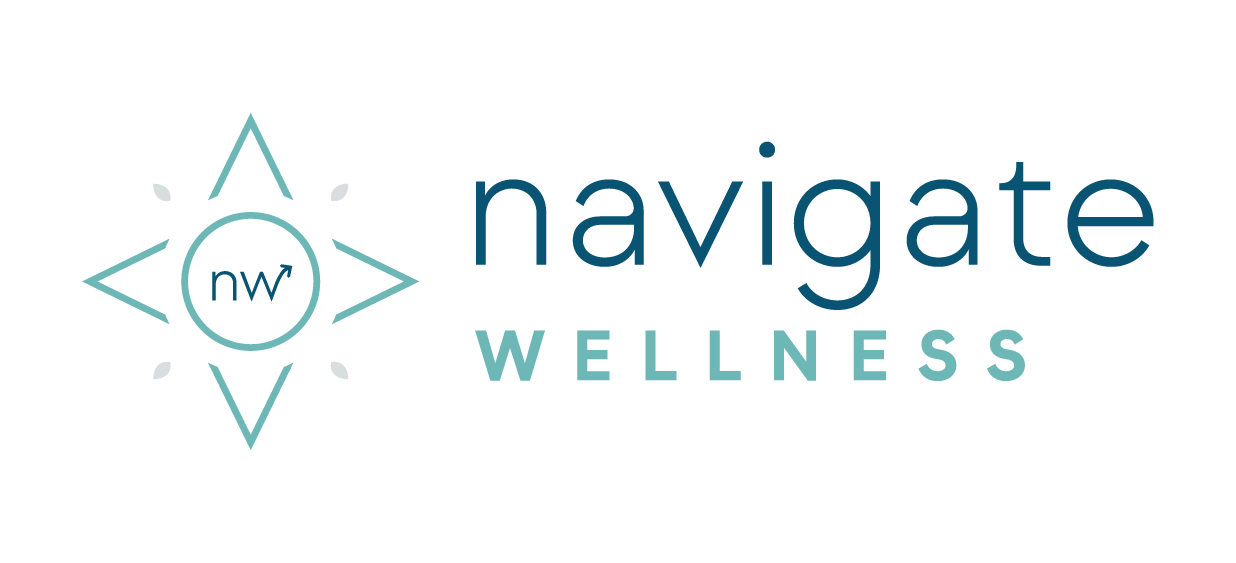When you’re facing the prospect of paying for home health care and other elder care services, it can be completely overwhelming. Insurance for senior care may seem like the best option, but it often comes with unexpected obstacles.
At Navigate Wellness, we often get asked “do you take insurance?” The answer to that is “no, we do not”, and honestly it probably always will be the answer.
The truth is, there are a lot of benefits of using private pay home care like Navigate Wellness. Not only do we provide vital concierge nursing in Columbia, MO, but we also offer care navigation services that help our clients best utilize their insurance benefits to cover their needs.
To better understand the benefits of private pay senior care, it’s important first to explore insurance for seniors and how it really works.

3 Common Problems With Using Health Insurance for Senior Care
Health insurance is meant to help cover the cost of a short term or acute injury or illness, which is often called a “health event.” Your insurance defines how long a “health event” can last and if you are not showing the correct level of improvement (as defined by the insurance company) towards your previous baseline, they will discontinue your coverage.
We see this happen far too often for our clients, and there are usually three main reasons why:
1. Your Previous Baseline Wasn’t Properly Defined.
If your baseline of health wasn’t properly defined, then it will be nearly impossible for you to ever get back to the baseline your insurance company wants. At Navigate Wellness, we help by making calls and advocating to your insurance that your previous baseline was not properly defined & needs to be updated to reflect accuracy.
2. Your Improvements Are Not Being Tracked Properly.
Tracking improvements in your health are also key to getting the most out of your insurance coverage. Maybe your expected improvements are there but they’re either not following the “traditional” path or they have not been clearly documented. Therefore it looks like you are not meeting criteria. This is where we would help you file an appeal.
3. Your Goals of Care Were Not Properly Defined.
It’s very common to have miscommunication with insurance companies about your goals of care, and this can have a big impact on your coverage. For example; going home from the hospital to a three-story home to live independently is going to look a lot different than going “home” to an assisted living facility where they provide you three meals a day and help with showers. This is also something our team can help communicate and update.
When managing insurance for senior care on your own, you can ask for a plan of care document at any time to see if any of these three things have happened. We also recommend you ask your insurance company for a copy of the criteria they are using to determine their coverage decisions.

Insurance for Senior Care: The Problem With Medicare Advantage Plans
Even if you’re not experiencing one of the issues above, dealing with insurance for elder care can, frankly, be infuriating.
At Navigate Wellness, we have fought many battles with senior care insurance and most of them have been with Medicare Advantage plans. They would be better off being called Medicare Dis-Advantage Plans.
A couple things you need to know about Medicare Advantage Plans:
Medicare Advantage vs Medicare
Medicare is universal and has set criteria that are also universal.This means you can go to any provider that takes Medicare (which is most providers unless they don’t take insurance of any form, which is becoming more and more popular).
There is no “in-network” or “out-of-network”. There is no scrutinizing each request to see if it “meets criteria” for prior approval. Folks who work with Medicare know this criteria and know how to stay within it, which translates to your plan of care being much more transparent, thoughtful, and planned.
If you have signed up for a “Medicare Advantage” plan, however, you no longer have Medicare. You gave it up.
People argue against this and confidently show our team their Medicare card. However, the fact stands that when you signed on the dotted line for your Advantage Plan, you said “no thanks” to the Medicare coverage you worked for your whole life. Instead, you signed on to the rules, regulations, coverage, and criteria as dictated by your new private insurance company.
And much like car or home insurance, it’s kind of their M.O. to try NOT to pay out any claims unless otherwise proven – they are for-profit companies and denying claims is very profitable.
Does this infuriate you?!? It angers our team, too! At Navigate Wellness, we will always fight the good fight for our clients, with the fuel of pure fury towards this nonsense system that is allowed to continue totally unchecked, to the detriment of our aging population.

Benefits of Private Pay Senior Care
All of these challenges with health insurance for seniors is part of the reason Navigate Wellness is a private pay home care company. But in reality, there are many benefits of opting for private pay home health.
Personalized Care Plans
Private pay home care allows for tailored care plans that meet the specific needs and preferences of each senior, ensuring they receive the level of support they require (not just the level insurance companies are willing to provide).
Flexible Scheduling
Seniors and their families can choose when and how often caregivers provide services, offering flexibility that can adapt to changing needs or preferences.
Enhanced Quality of Care
Private pay care often enables companies like Navigate Wellness to employ highly trained caregivers, resulting in more consistent, high-quality care for seniors.
Faster Access to Care
With private pay, there are no long waits for approval or funding; seniors can begin receiving care as soon as it is needed.
Comprehensive Services
Private pay home care often offers a wider range of services, from concierge nursing to care navigation, helping seniors live more comfortably at home.
Continuity of Care
Seniors can receive continuous care from the same caregivers, fostering trust and a sense of security, which is especially important for those with memory issues.
Greater Independence
Home care allows seniors to age in place, maintaining their independence and quality of life by staying in their own home rather than moving to a facility.

Have Questions About Navigating Insurance for Senior Care?
Whether you need help navigating health insurance for senior care or you want to learn more about private pay home health rates, contact Navigate Wellness. Even if our services aren’t right for you, we can help connect you with the elder care resources you need.



